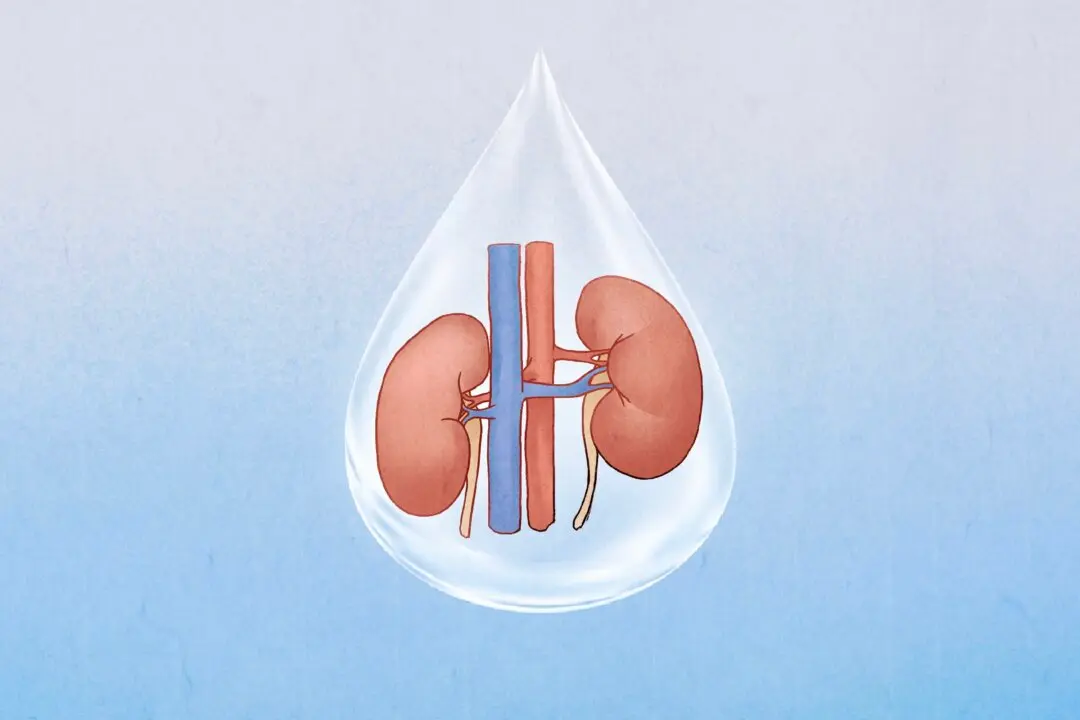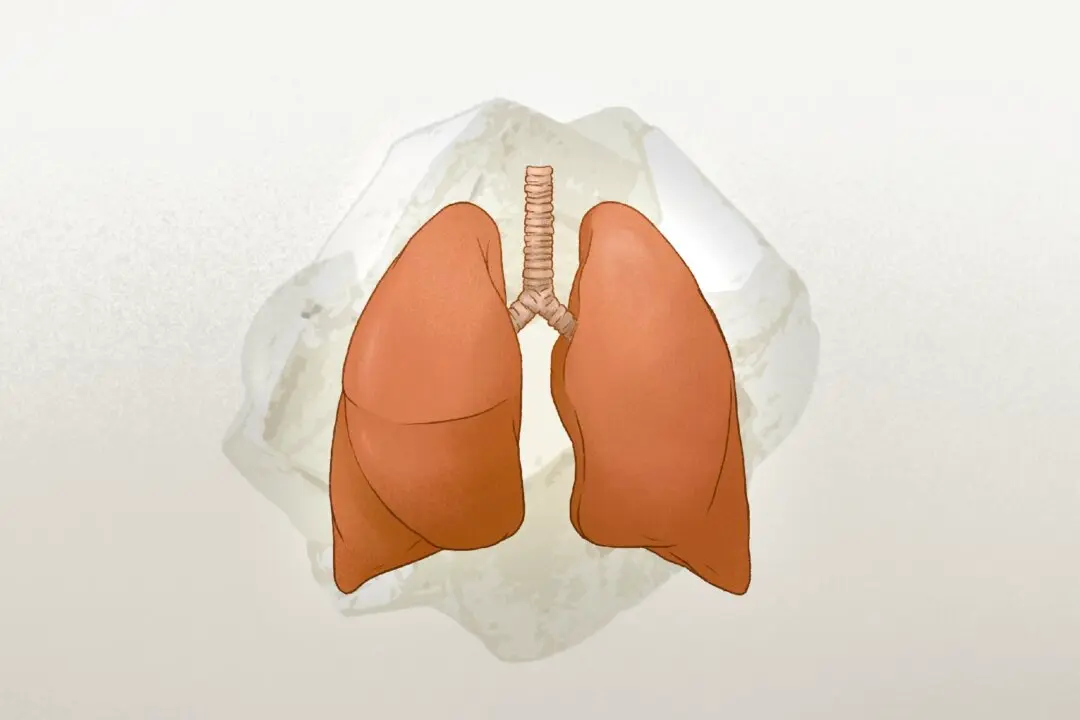As a religious practice, meditation has been around for thousands of years in the East. It has also received widespread attention in modern-day medicine for nearly half a century and has gradually become popular in Western society. More and more studies have confirmed the various benefits of meditation on the human body.
The latest experimental results show that long-term meditation can increase the healthy bacteria bioflora in the intestine, which can help reduce anxiety, depression, and the risk of heart disease.





